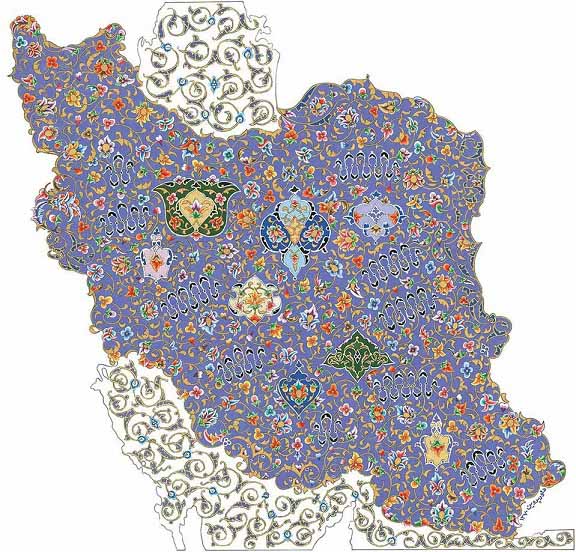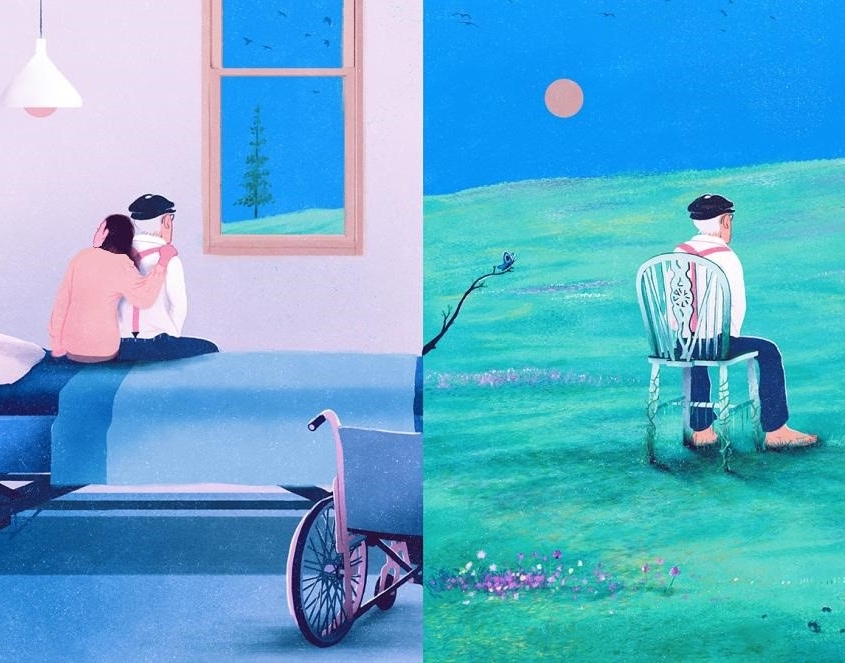Future Plans
MACSA, as the leading provider of supportive and palliative care throughout the country, is undertaking various activities in development of palliative and supportive care in Iran, the most important of which are as the following:
Short-Term Plans
-
Expand the scope of activities of the call center
By the end of 2020, Isfahan call center has come into operation, and Tehran call center is being set up. The establishment of call centers in Mashhad, Kashan and Qom is also planed.
-
Construction of MACSA Comprehensive Cancer Center
Now, the location of the former Vaziri Hospital in Tehran is dedicated to the construction of the MACSA’s Standard Supportive and Palliative Clinic (MACSA Hospital). Plans for the construction of this hospital are being pursued.
Long-Term Plans
-
Developing the supportive and palliative care throughout the country
Supportive and palliative care in Iran as an emerging service and specialty undoubtedly, plays an important role in alleviation of the suffering and pain of patients and increasing the quality of life and the quality of death of human beings. Although many countries around the world have recognized these services as one of the four pillars of cancer control[1] (along with prevention, early diagnosis and treatment), government and non-governmental organizations have invested only small efforts in development and promotion of palliative care in Iran.
Furthermore, Iran is considered as one of the lowest-ranked countries of the world in terms of quality of death and quality of life of the patient with serious illnesses.
MACSA, the pioneer of supportive and palliative care in Iran, currently provides care in 6 cities of the country independently and in 2 other cities in cooperation with other organizations. MACSA seeks to expand these services across the country in the near future with the help of donors, the cooperation of experts, collaboration of policymakers and the synergy of governmental and non-governmental institutions, so that palliative care is readily available to all patients who may benefit from such services.
[1] The Plan will address cancer in a holistic way through four pillars: (1) prevention; (2) early detection; (3) diagnosis and treatment; and (4) quality of life of cancer patients and survivors.
-
Hospice
MACSA, is planning to build the country’s first hospice with the cooperation of philanthropists and the health system. A hospice is a care center where care services are provided for people approaching final days of their lives. Hospice services are provided by specialists with support of the patient’s family. Hospice focuses on controlling the symptoms and complications caused by illness, addressing the patient’s spiritual concerns, responding his or her emotional needs, and creating a sense of security and comfort. hospice helps the patient to live to the last moment of his life and die in peace.
Also, the family is assured that their loved ones will spend the rest of their lives in with them comfort away from stressful inessential activities, such as multiple hospital visits or unnecessary treatments.
Currently there is no hospice in Iran. MACSA, as the first provider of palliative medicine in Iran, has set placed the establishment of a hospice called “Mehr House” as a top priority. Mehr House is proposed to serve the cancer patients. we hope to achieve this with the support of the donors.
-
Volunteers and advocates network
Being diagnosed with cancer virtually affects every aspect of the patient and his or her family. These changes may include tasks related to the treatment or daily normal tasks like shopping and transportation. They may also face difficulties to achieve their social benefits and rights.
The volunteers and advocates network has aimed to utilize social capacities in meeting patient’s needs other than the treatment. This consists of a network of qualified volunteers who are informed of the patient’s needs through a unified system under the close supervision of the network administrator.
At MACSA, we are planning to launch the network in collaboration with volunteers, philanthropists, and social organizations.



